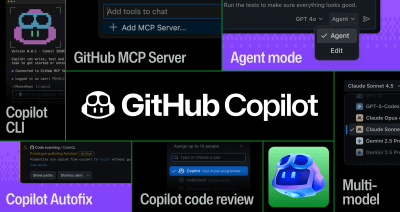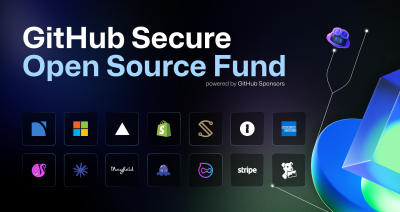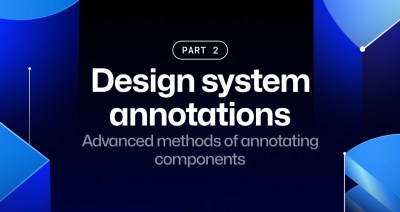
TypeScript’s rise in the AI era: Insights from Lead Architect, Anders Hejlsberg
TypeScript just became the most-used language on GitHub. Here’s why, according to its creator.

TypeScript just became the most-used language on GitHub. Here’s why, according to its creator.

How GitHub Copilot works today—including mission control—and how to get the most out of it. Here’s what you need to know.

At Universe 2025, GitHub’s next evolution introduces a single, unified workflow for developers to be able to orchestrate any agent, any time, anywhere.

In this year’s Octoverse, we uncover how AI, agents, and typed languages are driving the biggest shifts in software development in more than a decade.

Find out about the latest custom models powering the completions experience in GitHub Copilot.

Discover how GitHub Copilot has evolved from a high-powered autocomplete tool to a powerful, multi-model agentic assistant.

Unlock the full potential of the GitHub platform. See how Copilot coding agent and GitHub Mobile combine to help you tackle development tasks and urgent fixes, no matter where you are.

See how we turned weekly accessibility signals into an automated, accountable remediation workflow—powered by GitHub Copilot and cross‑functional collaboration.

As part of our ongoing commitment to securing the npm ecosystem, we’re implementing the first phase of security improvements outlined in our recent announcement. These changes will roll out over…

The remote GitHub MCP Server is now generally available. We’ve introduced OAuth-based authentication, expanded tooling, and improved security guardrails. Improvements & updates 🔐 Production authentication The GitHub MCP Server now…

Learn how the GitHub Secure Open Source Fund helped 71 open source projects significantly improve their security posture through direct funding, expert guidance, and actionable playbooks.

Discover practical ways GitHub Copilot streamlines code reviews, pull requests, and daily engineering tasks with real prompts, examples, and workflow tips from our engineering team.

More context can mean more attack surfaces for your projects. Be prepared for what lies ahead with this guide.

AI agents in GitHub Copilot don’t just assist developers but actively solve problems through multi-step reasoning and execution. Here’s what that means.

Learn how to spin up a GitHub Issue, hand it to Copilot, and get a draft pull request in the same workflow you already know.

A full look at agent mode in GitHub Copilot, including what it can do, when to use it, and best practices.

Plus, ways teammates and leaders can be better mentors for their new counterparts.

How to build custom annotations for your design system components or use Figma’s Code Connect to help capture important accessibility details before development.

To celebrate two decades of Git, we sat down with Linus Torvalds—the creator of Git and Linux—to discuss how it forever changed software development.

How GitHub’s Product Security Engineering team manages our CodeQL implementation at scale and how you can, too.

In August, we experienced one incident that resulted in degraded performance across GitHub services.
Build what’s next on GitHub, the place for anyone from anywhere to build anything.
Catch up on the GitHub podcast, a show dedicated to the topics, trends, stories and culture in and around the open source developer community on GitHub.